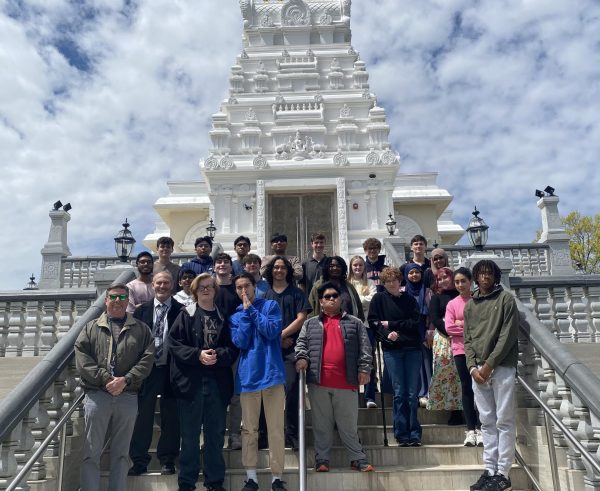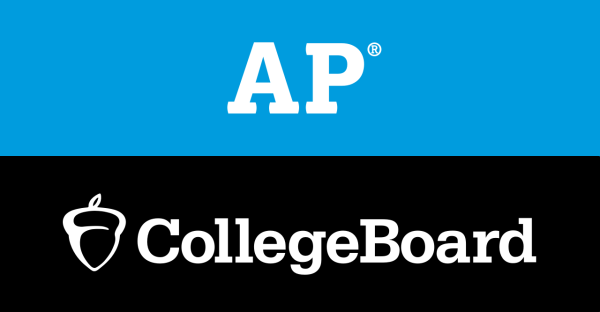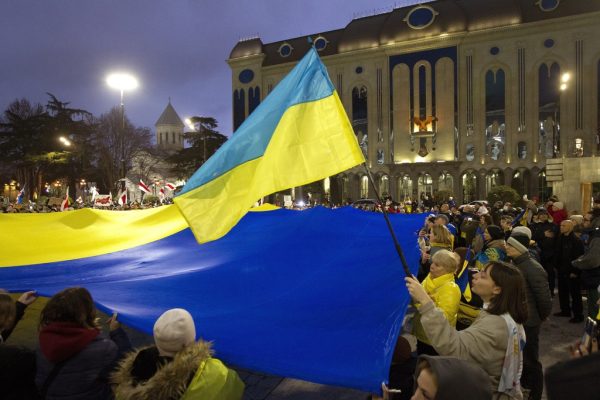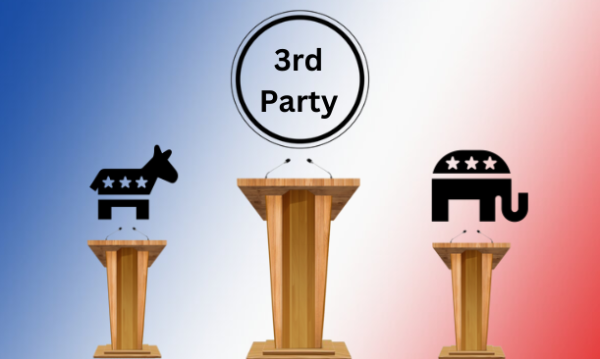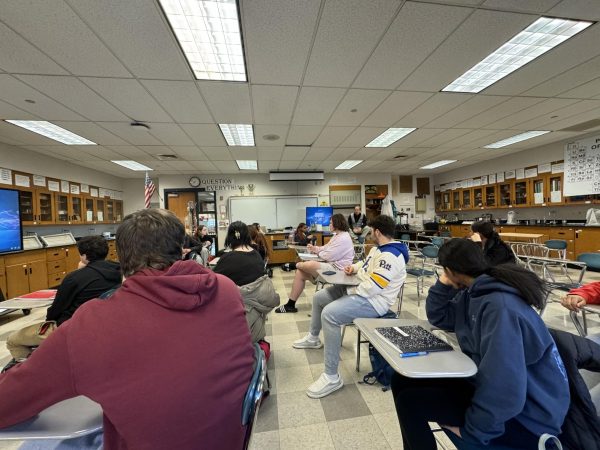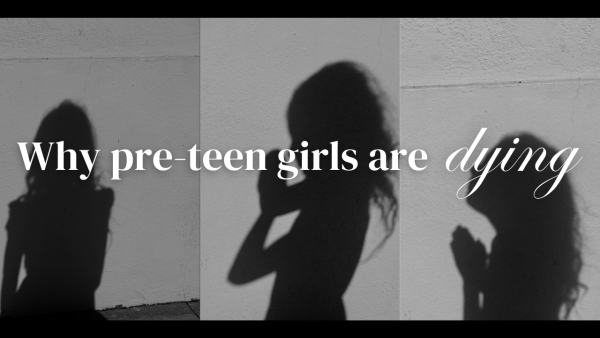Editorial: Clown threat a symptom of cultural lag
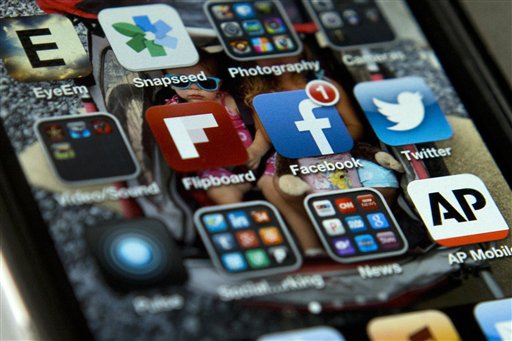
FILE – (AP Photo/Evan Vucci, File)
October 7, 2016
A vast network where it is hard to identify who is who, the internet offers a sense of anonymity to its users. Because of this, many users do not feel responsible for the content they post on the internet, hence the rise of malicious behavior seen on various social media outlets. Content ranges from irritating, such as trolling on the infamous youtube comment section, to serious, like the threat made via instagram post this past Tuesday from user “clownkillers666,” which stated that NPHS could have been attacked Thursday at noon depending on the results of a dice roll. Because communication is quicker than ever in our digital age, anyone can spread ideas, information, and misinformation over the internet- anyone can be a clown.
A similar phenomenon occurred during the Industrial Revolution. Previously, the majority of people lived in small, rural communities where individuals knew one another. During the Industrial Revolution, many moved to cities in search of employment. Living life in the city was stressful as individuals fended for themselves in overpopulated areas. Because there were so many people in one place, identifying individuals among the mass of others became exceedingly difficult. As a result, crime rates rose.
In the same way that accountability for one’s actions was lost in an overpopulated sea of faces back then, accountability is lost in a sea of usernames in our modern day. Through our intangible communication network, faceless individuals can communicate anything without worrying about the repercussions an individual would otherwise encounter in the physical world. In both situations, a lack of personal identification correlates with a decrease in social sanctions, leading to an increase in poor individual behavior. What makes our situation different from ever before is the technology involved- the internet.
Cultural lag occurs when technology advances at a faster rate than a culture does. Right now, America is still struggling with how to fix some of the problems that have arisen because of the internet. Although surveillance and censorship may resolve some safety issues, they have the potential to infringe on our traditional American values: freedom of speech and right to privacy. Perhaps a better solution could focus on building stronger communities on the internet in which users feel more responsible for what they post.



